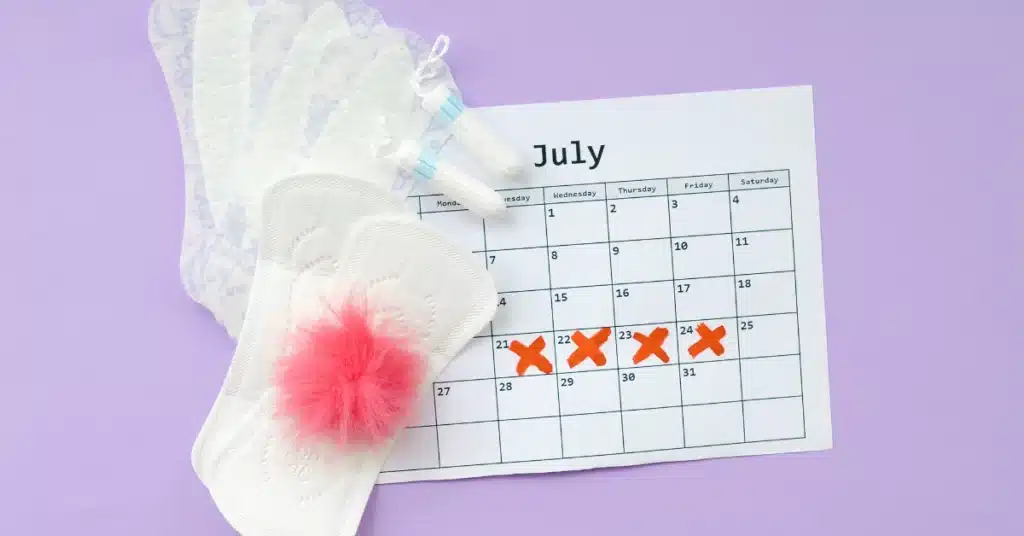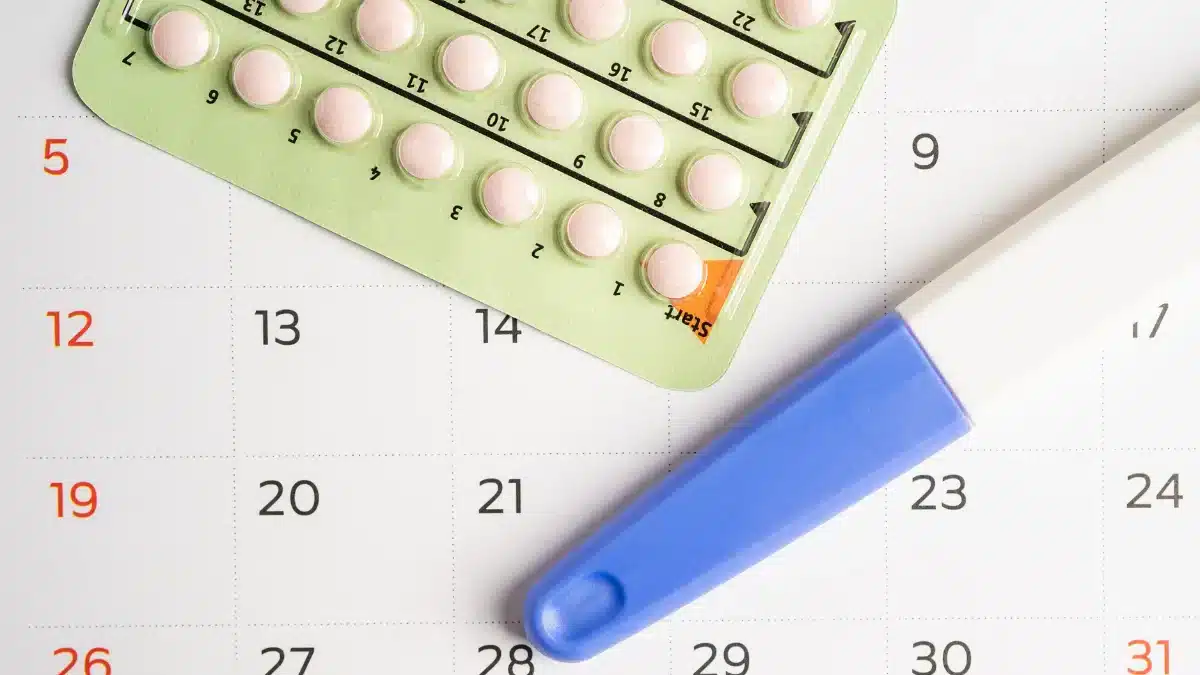Do You Get Your Period on Mini Pill: Understanding the Menstrual Cycle
The mini pill has emerged as a popular option for individuals seeking effective birth control with a lower dose of hormones than traditional combined oral contraceptives.
The mini pill, or Progestin-only pill, is a hormonal contraceptive that contains a lower dose of Progestin than combination birth control pills.
Unlike combination pills, which contain both Estrogen and Progestin, the mini pill relies solely on Progestin to prevent pregnancy.
However, one common area of curiosity and concern revolves around the impact of the mini pill on menstrual cycles.
The common question that often arises is: Do you get a period on mini pill? Read about it more in this article.
Do you get a period on the mini pill
The mini pill, unlike combination pills, uses only Progestin to prevent pregnancy.
One of the intriguing aspects of the mini pill is its influence on the menstrual cycle, prompting the question: Do you get a period on the mini pill?
The answer is not a simple yes or no.
Unlike traditional combination pills that typically follow a 28-day cycle with 21 active pills and 7 placebo pills, the mini pill is taken continuously without a placebo week.
As a result, the pattern of bleeding on the mini pill can vary from person to person.
Some individuals may experience regular monthly bleeding, while others may face the following issues.
- Irregular menstrual cycles: One common effect of the mini pill is the potential for irregular menstrual cycles. Some users may experience lighter or heavier bleeding, while others may have shorter or longer cycles
- Spotting: Spotting or breakthrough bleeding is another common occurrence with the mini pill and is generally harmless. This refers to light bleeding or spotting that may happen between menstrual periods
- No period: For some individuals, the mini pill may lead to a reduction in menstrual bleeding or even complete Amenorrhea (the absence of menstruation). While this can be a welcomed outcome for some, others may find it concerning. However, the absence of menstruation does not indicate pregnancy
This guide offers valuable insights into the factors influencing menstrual irregularities, symptoms to watch for, and effective management strategies.
Bleeding on mini pill

Understanding the bleeding patterns on the mini pill requires a closer look at how this contraceptive method affects the uterine lining.
Progestin thickens cervical mucus, making it more difficult for sperm to reach the egg.
It also alters the uterine lining, making it less receptive to a fertilized egg.
These modifications contribute to the contraceptive efficacy of the mini pill.
However, irregular bleeding is a common side effect of Progestin-only contraceptives, including the mini pill.
This unpredictability can be unsettling for some users, but it’s essential to recognize that it doesn’t necessarily indicate a problem with the pill’s effectiveness.
Conclusion
The mini pill, a Progestin-only contraceptive, offers a lower hormone dose than combined oral contraceptives.
Unlike traditional pills, the mini pill’s impact on menstruation varies.
The common query, “Do you get a period on the mini pill?” lacks a simple answer.
Some experience regular monthly bleeding, mirroring a typical menstrual cycle, while others encounter irregular bleeding or none at all.
This variability showcases the individualized nature of the mini pill’s impact on the menstrual cycle.
Understanding these nuances empowers individuals to make informed choices regarding contraception and their menstrual health.
Frequently Asked Questions
What causes changes in menstrual patterns on the mini pill?
Changes result from hormonal fluctuations, individual responses, and the body adapting to Progestin. These factors can lead to variations in menstrual cycles, but it’s a normal part of adjusting to the contraceptive.
Is it normal to have irregular bleeding on the mini pill?
Yes, irregular bleeding is common initially while on mini pills. It’s often a temporary side effect as your body adjusts to the hormonal changes. Persistent or concerning changes warrant discussion with a healthcare provider.
How long does it take for menstrual patterns to stabilize on the mini pill?
Research indicates that irregular bleeding tends to stabilize within a few months of consistent use. Patience and strict adherence to the prescribed regimen are crucial for achieving a more predictable menstrual cycle.
What should I do if I notice changes in my menstrual cycle on the mini pill?
In case you notice any significant changes in your menstrual cycle while on a mini pill, promptly consult with your healthcare provider. Open communication is vital for addressing concerns and collaboratively determining the most suitable course of action tailored to your individual needs.
WowRx uses only high-quality sources while writing our articles. Please read our content information policy to know more about how we keep our content reliable and trustworthy.






